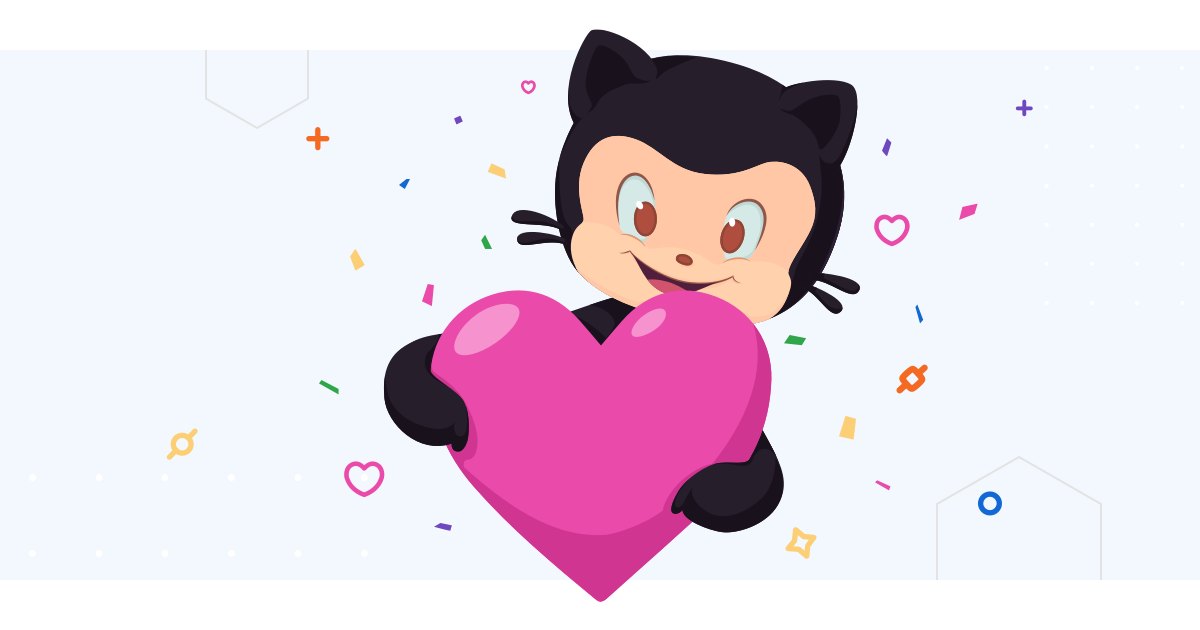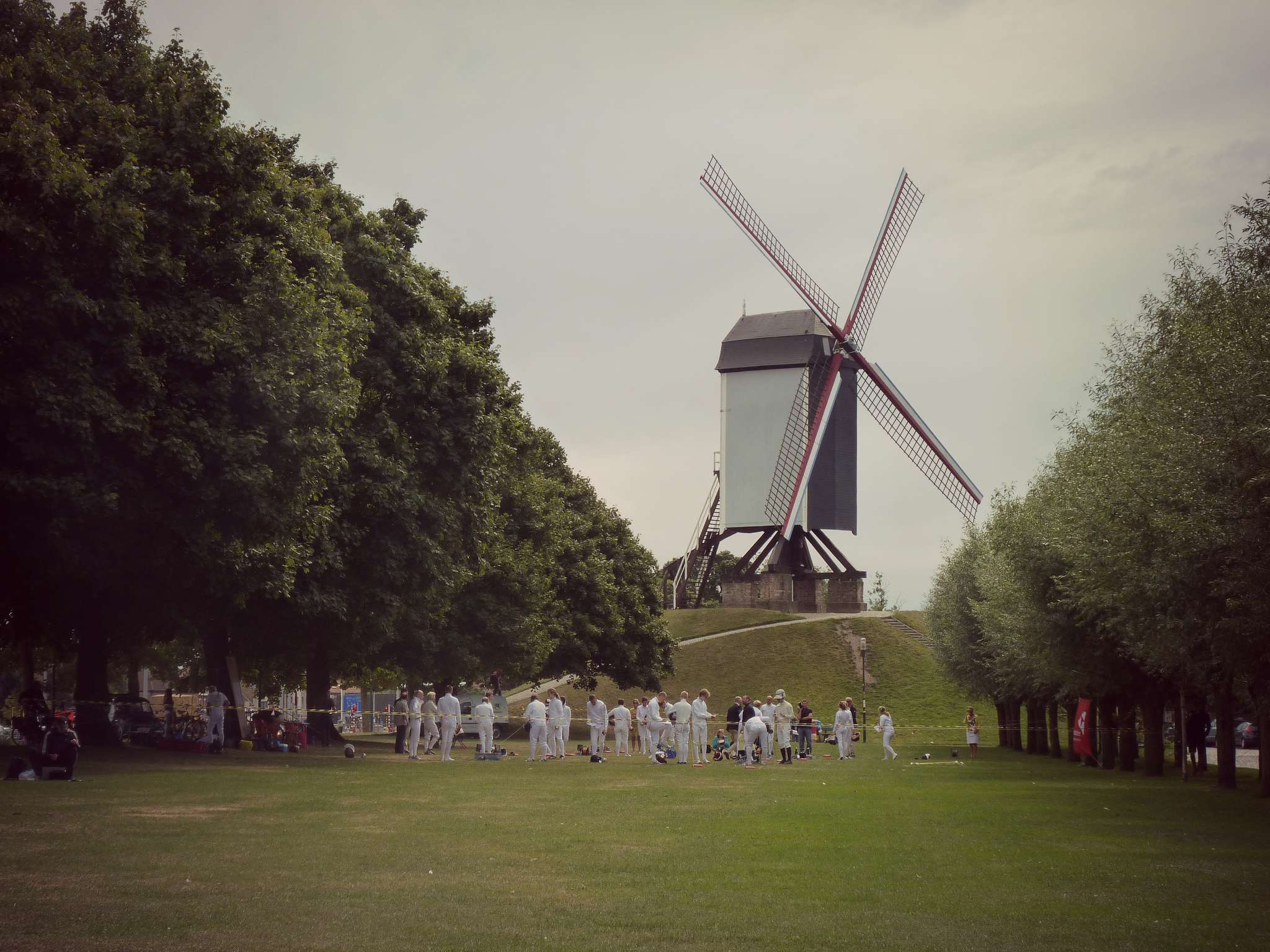First month at GitHub
🔗 Permalink
It’s been a month since I joined GitHub in February of 2022. I’m enjoying myself a lot, but I’m also not sure if the reality has set in completely.
In 2014 I started my first tech job and remember that I went to a conference and got GitHub stickers, they were awesome and all ended up on my MacBook. Eight years later I now work at that exact company. 🚀
Onboard sessions
The first two weeks are oriented towards onboard sessions, unfortunately they were in Pacific
standard time, so that meant 8PM CET. The first thing that you’ll notice is that a lot of the work
you do is by using GitHub itself. There’s an onboarding repository with a project for every
person that joined during your cohort. Here you can find issues with tasks that you can complete
during the first days.
The first week is basically an introduction the company, the way we work as well as what they’ll offer you. GitHub has great benefits, trust me!
The second week is geared towards your department; sales, marketing or engineering. For me that meant the engineering track, which includes doing the entire write-commit-push-merge dance on your first project. GitHub relies a lot on ChatOps, a way to run commands or operations by using bots in chat channels, Slack to be precise. Hubot is his name! 🤖
Some interesting lessons that stood out to me is that at GitHub you deploy before you merge. This is different from my previous companies, but it’s of course a nice way to deal with rollbacks.
The other thing that surprised me, is that release trains are back! I didn’t think I’d see this after 2010 anymore,
but for a company the size of GitHub and the fact that a large chunk of github.com is run as a single monolithic repo,
it makes sense to have everyone jump aboard a train. 🚂
Note: In my team we don’t actually use release trains, as there is no need (yet).
The team
Within my team I got assigned a buddy and a lot of coworkers scheduled a 1-on-1 with me. We’ve got people in Spain, Germany, United Kingdom, with nationalities from also United States and Ukraine.
The team is awesome. As you can see we’ve got a couple of people who were originally from Ukraine and the last weeks (if not years) have been quite difficult. We had people take time off to rescue family members from war zones, while others volunteered at the Berlin train station for translating and bringing food. Слава Україні!
Together with my buddy we looked at some issues with labels such as good first issue, and I set out to
deploy my first changes to the project.
I also broke our monitoring by changing the metric names too much.
Which incidentally was the same issue that I also deployed straight to production instead of staging. Oh well! 😅
The team has been working with Go for almost a year now and one of the reasons I got hired for this team is to increase the Go knowledge. So I’ve already spent quite some time on writing proposals and draft PRs.
And much more..
There’s so much more that I could write about, but I’ll save that for another blog.
I’ll leave you with a quick list of fun or interesting facts that I’ve also experienced so far!
- GitHub has a big emphasis on diversity and inclusion 😍
- Some people don’t know first names; a lot of communication happens based on username
- Emojis are a big thing, GIFs not so much (yet)
- “Dogfooding” is sometimes called “Githugging” 🐶
- I work with people that are celebrities within the Go community
- I work with people that I already follow on Twitter, because they’re experts in their fields (like wtf?!) 🤯
- There’s a chatops command for giving someone virtual kudos, called Sparkles ✨
- GitHub is remote first, always has been, and as such is really good at documenting (for asynchronous workflows)
- Technically I now work for Microsoft. 🤔
- Unlimited PTO (Paid Time Off), yes even for employees in the States!
- A great culture of leadership, accountability, professionalism, but also compassion, understanding and great care for each other’s well-being.



